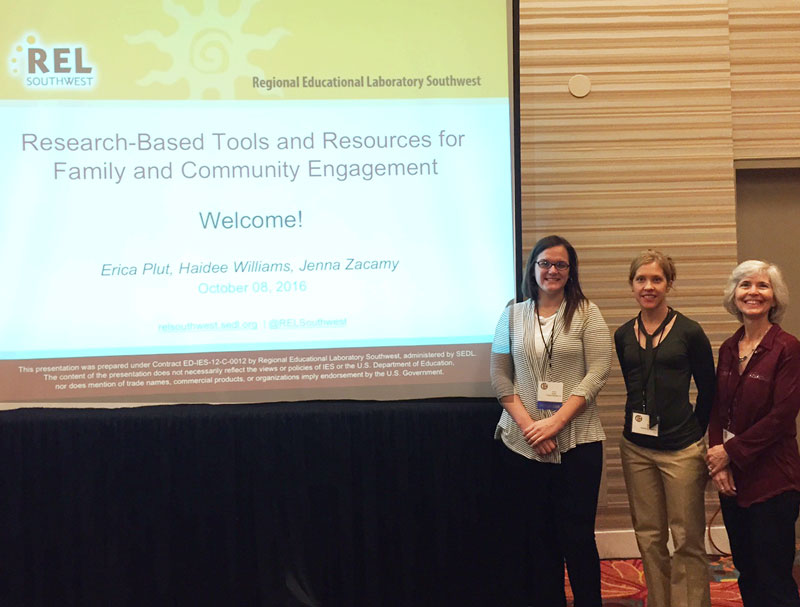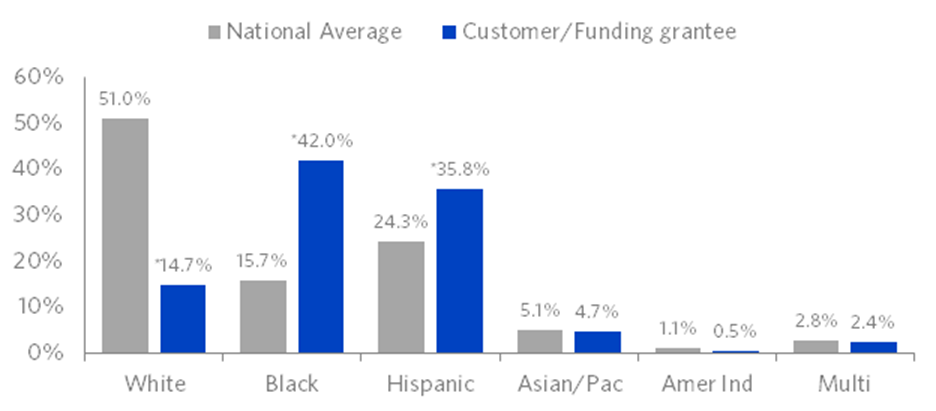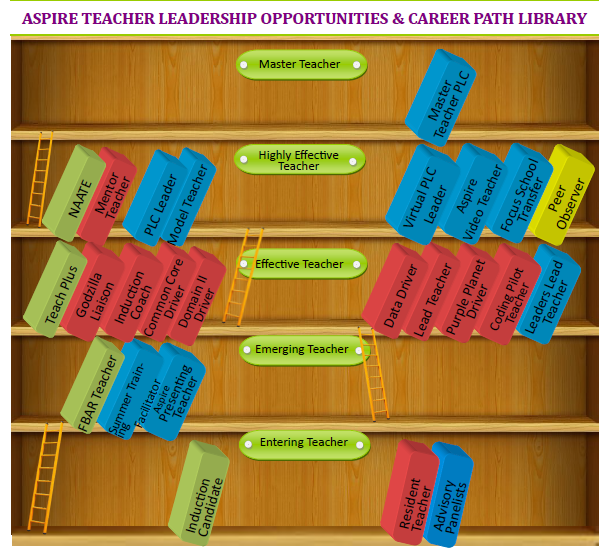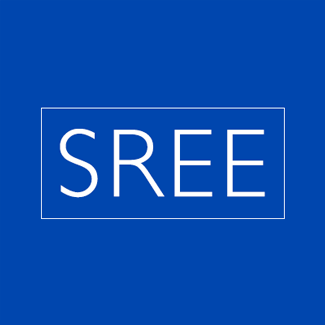
Empirical Education Inc. has completed its evaluation (read the report here) of an online professional development program for Reading Apprenticeship. WestEd’s Strategic Literacy Initiative (SLI) was awarded a development grant under the Investing in Innovation (i3) program in 2012. iRAISE (internet-based Reading Apprenticeship Improving Science Education) is an online professional development program for high school science teachers. iRAISE trained more than 100 teachers in Michigan and Pennsylvania over the three years of the grant. Empirical’s randomized control trial measured the impact of the program on students with special attention to differences in their incoming reading achievement levels.
The goal of iRAISE was to improve student achievement by training teachers in the use of Reading Apprenticeship, an instructional framework that describes the classroom in four interacting dimensions of learning: social, personal, cognitive, and knowledge-building. The inquiry-based professional development (PD) model included a week-long Foundations training in the summer; monthly synchronous group sessions and smaller personal learning communities; and asynchronous discussion groups designed to change teachers’ understanding of their role in adolescent literacy development and to build capacity for literacy instruction in the academic disciplines. iRAISE adapted an earlier face-to-face version of Reading Apprenticeship professional development, which was studied under an earlier i3 grant, Reading Apprenticeship Improving Secondary Education (RAISE), into a completely online course, creating a flexible, accessible platform.
To evaluate iRAISE, Empirical Education conducted an experiment in which 82 teachers across 27 schools were randomly assigned to either receive the iRAISE Professional Development during the 2014-15 school year or continue with business as usual and receive the program one year later. Data collection included monthly teacher surveys that measured their use of several classroom instructional practices and a spring administration of an online literacy assessment, developed by Educational Testing Service, to measure student achievement in literacy. We found significant positive impacts of iRAISE on several of the classroom practice outcomes, including teachers providing explicit instruction on comprehension strategies, their use of metacognitive inquiry strategies, and their levels of confidence in literacy instruction. These results were consistent with the prior RAISE research study and are an important replication of the previous findings, as they substantiate the success of SLI’s development of a more accessible online version of their teacher PD. After a one-year implementation with iRAISE, we do not find an overall effect of the program on student literacy achievement. However, we did find that levels of incoming reading achievement moderate the impact of iRAISE on general reading literacy such that lower scoring students benefit more. The success of iRAISE in adapting immersive, high-quality professional development to an online platform is promising for the field.
You can access the report and research summary from the study using the links below.
iRAISE research report
iRAISE research summary








